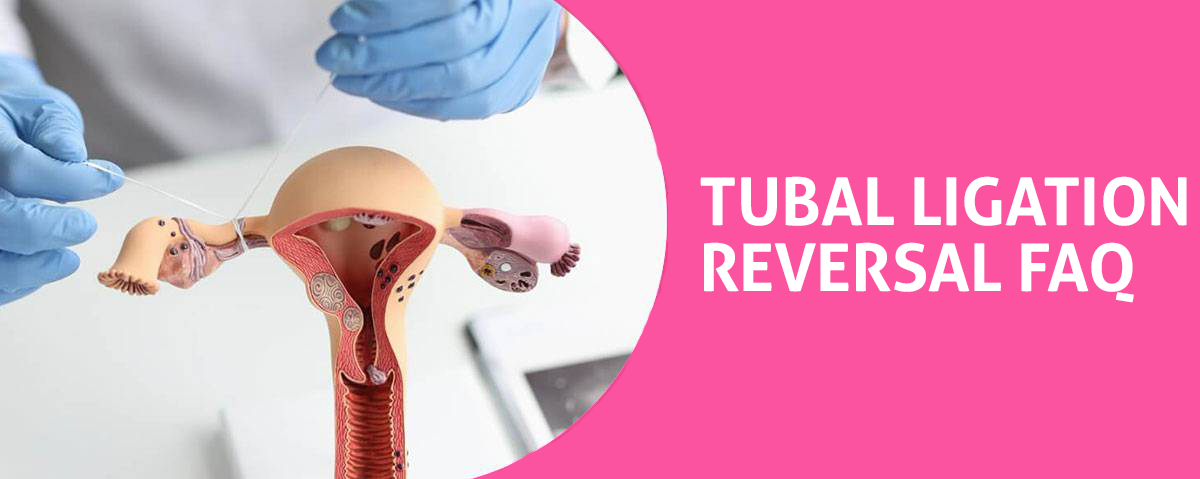Common Complications When Getting Tubal Ligation
Like a journey with uncertain weather, getting a tubal ligation can have unexpected complications. You’re considering this procedure, but you’re worried about potential risks. Well, you’re not alone. It’s important to understand what might go wrong, from minor discomfort to serious health issues.
Minor Post-Procedure Complications
While you’ve taken the necessary preparations and understood the procedure, it’s crucial to be aware of the minor complications that may occur post-tubal ligation. Infection is a common concern, so infection prevention measures must be taken seriously. This includes proper wound care, observing for signs of infection such as redness, swelling, or pus, and promptly reporting these to your healthcare provider.
Scar concerns are also valid. Although the incisions are typically small, every person heals differently and there’s a chance of keloid formation, a type of raised scar. Over time, most scars fade, but if you’re worried about scarring, discuss this with your surgeon. They might recommend specific treatments or creams to minimize the appearance of scars. Remember, your health and comfort are paramount.
Serious Potential Risks
Though minor complications like infections and scarring are common, you shouldn’t overlook the potential for more serious risks associated with tubal ligation. These risk factors can include heavy, prolonged bleeding and potential damage to other organs during surgery. There’s also a chance of ectopic pregnancy – where the fertilized egg implants outside the uterus – which can be life-threatening. As for long-term consequences, post-tubal ligation syndrome (PTLS) is a concern. Symptoms of PTLS include hormonal imbalances, irregular periods, and increased symptoms of premenstrual syndrome. Some women even report severe pelvic pain. Remember, while these serious risks are relatively rare, being informed about all potential outcomes is crucial when considering tubal ligation.
Managing and Treating Complications
If you’re experiencing any of these complications after a tubal ligation, it’s important to know that there are strategies and treatments available to manage and alleviate your symptoms. With post ligation care, your doctor might prescribe pain relievers for discomfort or antibiotics for infections. In some cases, a second surgery may be necessary.
Preventive measures, such as regular follow-ups and maintaining good health, are crucial to minimize risks. Proper nutrition, regular exercise, and avoiding stress can aid in your recovery. It’s also necessary to report any unusual symptoms to your doctor immediately. Remember, effective communication with your healthcare provider is key to managing your health post-surgery. Your wellbeing is the top priority, and there are always options available to manage complications.
Other Popular Questions About Tubal Ligation Reversal:
How Dangerous Is Tubal Ligation?
How Common Is Weight Gain After Tubal Ligation?
How Common Is Tubal Ligation Failure?
How Common Is Regret After Tubal Ligation?
How Common Is Recanalization After Tubal Ligation?
How Common Is It to Get Pregnant 7 Years After a Tubal Ligation?
How Can You Tell if Your Tubal Ligation Failed?
How Can You Still Have Periods After Tubal Ligation Anatomy?
How Can You Have a Period After Tubal Ligation?
How Can I Tell What Type of Tubal Ligation I Had?
How Can I Reverse Tubal Ligation?
How Can I Prevent Early Menopause After Tubal Ligation?
By using this webiste you agree to Terms and Conditions
